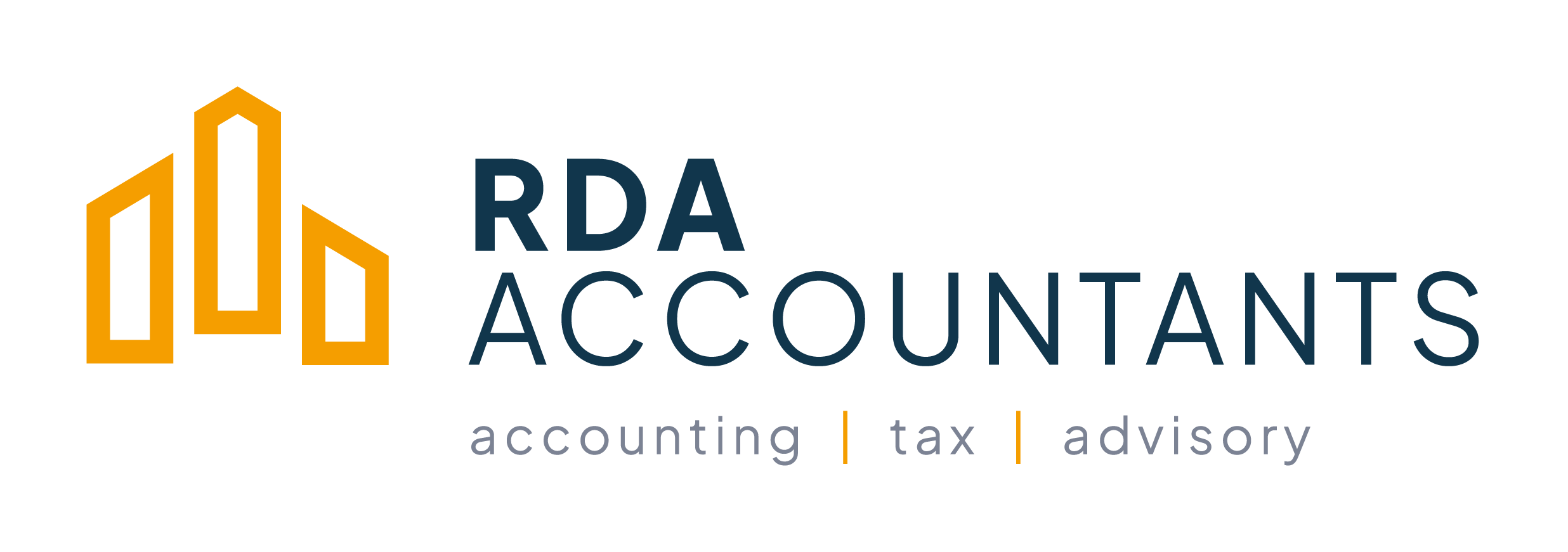Reveune have published the following :
Are State Benefits Taxable?
Whether or not any potential tax liability arises will be dependent on the benefits you receive. The most common State benefits in this country are Jobseekers Benefit, Maternity benefit, Illness benefit and the state pension.
Job seekers benefit which used to be known as Unemployment Benefit is a taxable source of income, excluding the first €13 per week and any child dependant element included. If/when you do go back to work, you must tell your local Revenue Office and they will notify your new employer of your earnings and net tax deducted, up to the date you resume employment. Your tax credits and standard rate cut-off point will be reduced by the amount of your taxable Jobseekers Benefit. Both you and your employer will be notified of your reduced tax credits and standard rate cut-off point.
Maternity Benefit is a payment made to women who are on maternity leave from work and covered by social insurance (PRSI). Maternity Benefit is currently not taxable but will be taxable from 1 July 2013 for all claimants. Universal Social Charge will not be payable. Please refer to www.revenue.ie for more information on how Maternity Benefit is currently treated for tax purposes.
Illness Benefit which was previously known as Disability Benefit is a taxable source of income. Child dependant additions which are also defined as additional payments made to claimants in respect of qualifying children are exempt for tax purposes. Prior to 1 January 2012, the first six weeks (36 days) of Illness Benefit and Occupational Injury Benefit payments in the tax year were also exempt for tax purposes.
The State Pension (Contributory) is paid to people from the age of 66 who have enough Irish social insurance contributions. It is not means-tested. You can have other income and still get a State Pension (Contributory). This pension is taxable but you are unlikely to pay tax if it is your only income. However, if you are also receiving an additional source of income, perhaps an occupational pension from a former employer, then you may be liable to tax on the state pension. A person who is 65 years of age or over may have a State pension and other income sources but may still not pay any tax if their total income for the year is less than €18,000, if single, or €36,000, if married or in a civil partnership.
Finally, it is important to note that, if you are in receipt of any State Benefits (benefits from the Department of Social Protection) you are obliged to declare this to Revenue. As no tax is deducted at source from the payment of the benefit, this can lead to substantial tax underpayments. If you are unsure as to how any tax liability is calculated for each taxable benefit please refer to; www.revenue.ie or www.citizensinformation.ie.
